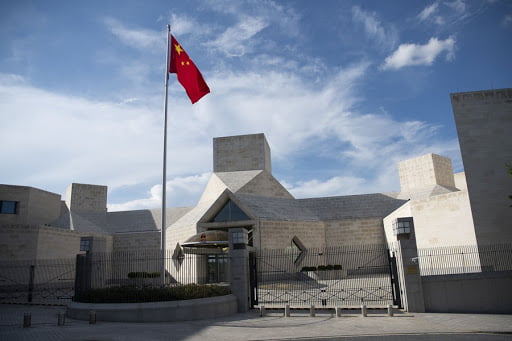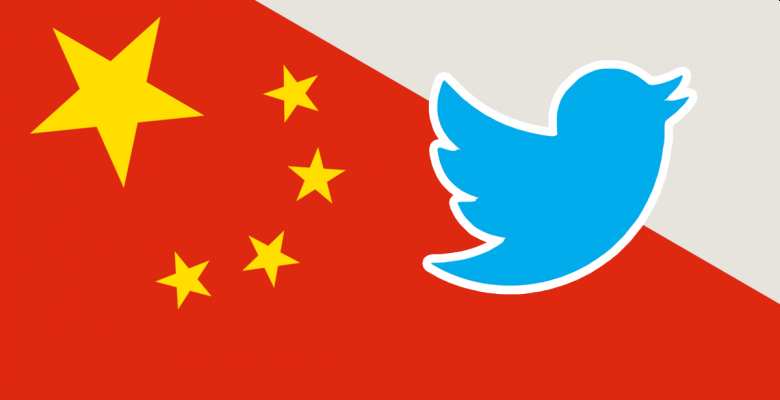Twitter blocks the account of the China’s United States embassy.
On January 7, China’s United States embassy posted an unfortunate tweet that referred to Uighur women as “baby-making machines” prior to government intervention, after that event, Twitter decided to block the account. Twitter deleted the tweet and replaced it with a label saying that the post is no longer available.
The Twitter account of China’s United States embassy is blocked
Twitter’s policy says that posts be manually deleted by the owners of the warned accounts. The Chinese embassy did not remove the tweet and Twitter ultimately acted by blocking the account for a limited time. Right now, the Chinese account no longer can display the controversial tweet on its profile. The last post sent by the embassy was last January 9.
Twitter spokesman states: “We’ve taken action on the Tweet for violating our policy against dehumanization. We prohibit the dehumanization of a group of people based on their religion, caste, age, disability, serious disease, national origin, race, or ethnicity.”
China for its part, and through a Foreign Ministry spokesman, claimed that the embassy was only trying to correct false reports and information related to Xinjiang. One of the main purposes of the Chinese embassy in the United States is to try to counter criticism of the country. Since 2019, the account has accompanied posts with infographics related to Xinjiang’s policies to improve its image in the face of various accusations.

Last few weeks, Twitter remained on the agenda for such forceful actions as the suspension of Donald Trump‘s profile for inciting violence and public disorder during the assault on the Capitol.
The account of the China’s United States embassy has not been the only account that Twitter applied restrictive measures and even permanent suspension in recent weeks. With these sanctions, the social media platform tries to curb misinformation on issues of general interest; in addition to trying to eradicate hate attacks on people based on their religion, caste, age, disability, serious illness, race, or ethnicity.




